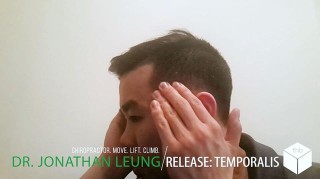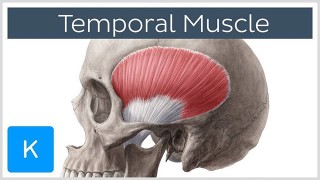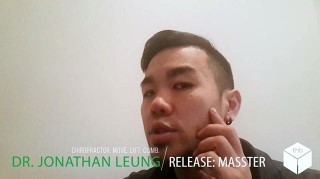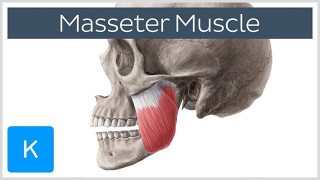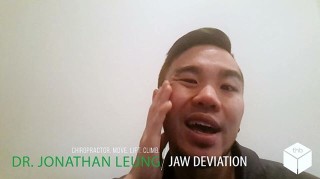Pokemon GO: The game that is sweeping the world.
The advent of PokemonGo has got gamers up and out of their chairs, couches and houses and on the go.... Continue reading →
Rock Climbing and wrist injuries
Let’s face it. Rock climbing by nature can be pretty tough on your wrists. You hang your entire body weight... Continue reading →

